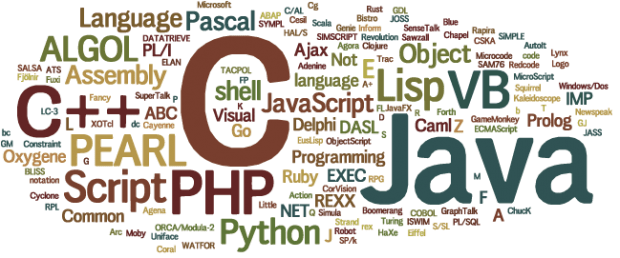
Different Programming Languages
Nowadays, there are numerous programming languages are becoming more general and all-purpose, but these languages have their specialties, and each language has its own advantages and disadvantages. Usually, programming languages can be classified into a few types, however, these languages support multiple programming style. Every year there are a number of programming languages are implemented, but few languages are becoming very popular which may used by a professional programmer in their career.
Programming languages are used to control the performance of the computer or machine. At present, computer programmer has many choices to choose the language, but there are many differences between programming languages. So, this article gives a brief information regarding what are the different types of programming languages, differences between programming languages and types of programming languages in useful ways.
What is Programming Language?
A programming language is a notation designed to connect instructions to a machine or a computer. Programming languages are mainly used to control the performance of a machine or to express algorithms. At present, thousand programming languages have been implemented. In the computer field, many languages need to be stated in an imperative form, while other programming languages utilize declarative form. The program can be divided into two forms such as syntax and semantics. Some languages are defined by an SO standard like C language.
Types of Programming Languages
The different types of programming languages are discussed below.
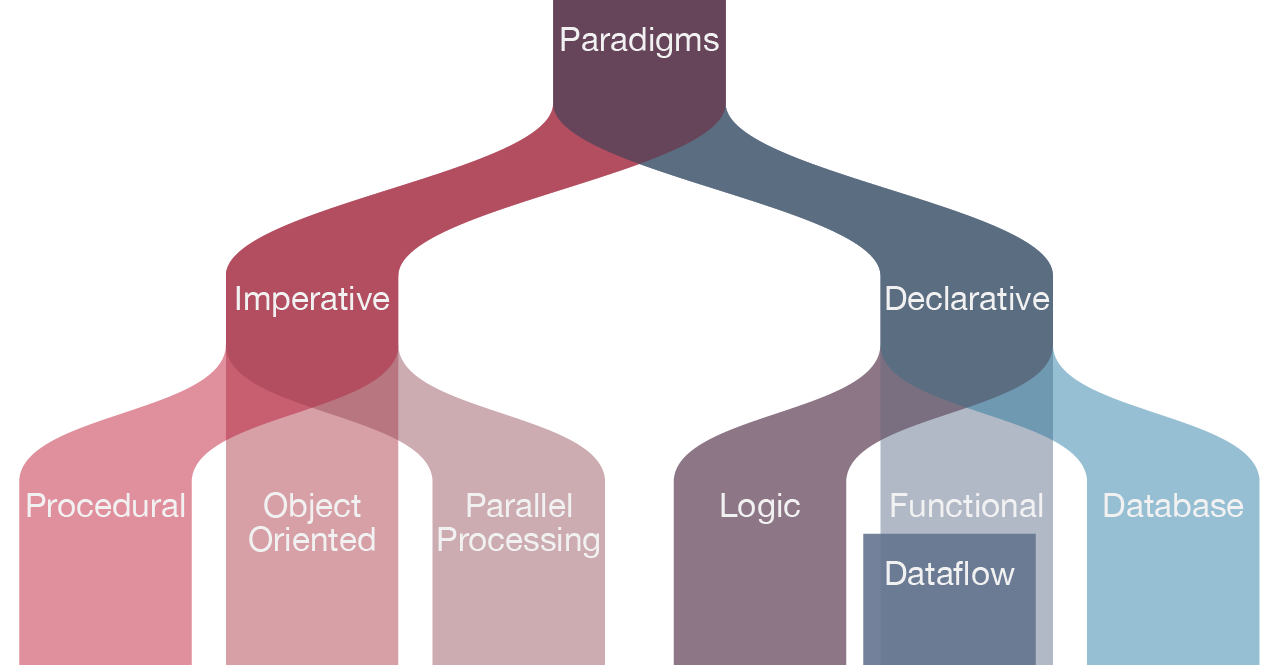
Procedural Programming Language
The procedural programming language is used to execute a sequence of statements which lead to a result. Typically, this type of programming language uses multiple variables, heavy loops and other elements, which separates them from functional programming languages. Functions of procedural language may control variables, other than function’s value returns. For example, printing out information.
Functional Programming Language
Functional programming language typically uses stored data, frequently avoiding loops in favor of recursive functions.The functional programing’s primary focus is on the return values of functions, and side effects and different suggests that storing state are powerfully discouraged. For example, in an exceedingly pure useful language, if a function is termed, it’s expected that the function not modify or perform any o/p. It may, however, build algorithmic calls and alter the parameters of these calls. Functional languages are usually easier and build it easier to figure on abstract issues, however, they’ll even be “further from the machine” therein their programming model makes it difficult to know precisely, but the code is decoded into machine language (which are often problematic for system programming).
Object-oriented Programming Language
This programming language views the world as a group of objects that have internal data and external accessing parts of that data. The aim this programming language is to think about the fault by separating it into a collection of objects that offer services which can be used to solve a specific problem. One of the main principle of object oriented programming language is encapsulation that everything an object will need must be inside of the object. This language also emphasizes reusability through inheritance and the capacity to spread current implementations without having to change a great deal of code by using polymorphism.
Scripting Programming Language
These programming languages are often procedural and may comprise object-oriented language elements, but they fall into their own category as they are normally not full-fledged programming languages with support for development of large systems. For example, they may not have compile-time type checking. Usually, these languages require tiny syntax to get started.
Logic Programming Language
These types of languages let programmers make declarative statements and then allow the machine to reason about the consequences of those statements. In a sense, this language doesn’t tell the computer how to do something, but employing restrictions on what it must consider doing.
To call these groups ” types of language ” is really a bit confusing. It’s easy to program in an object-oriented style in C language. In truth, most of the languages include ideas and features from various domains, which only helps to increase the usefulness of these types of languages. Nevertheless, most of the programming languages do not best in all styles of programming.
The Difference Between Different Programming Languages
C++ Language
The C++ language has an object oriented structure which is used in large projects. Programmers can collaborate one program into different parts or even one individual work on each part of the program. The structure of object oriented also permit code to be reused many times.This language is an efficient language. But, many programmers will disagree
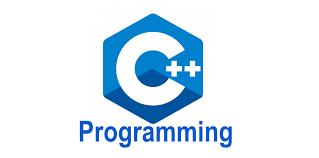
C++ Language
C Language
The C language is a basic programming language and it is a very popular language, particularly used in game programming, Because C language includes the additional packing of the C++, Every programmer uses this language because it makes programs faster . However the value of this language gives the reusability of C++ to get the slight increase in performance with C language.
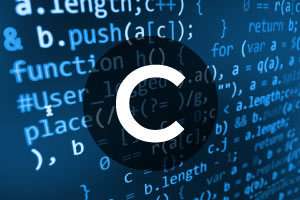
C Language
Pascal Language
Pascal language is mostly a teaching language and few industries uses this language to write the programs. This language tends to use keywords instead of symbols and braces in C language. So this language is very easy for beginners to understand than a programming language like C, C++. Borland is a compiler software company, which is using Delphi programming language for industrial strength. Delphi is an object oriented language of Pascal, and presently Borland compilers only use it.
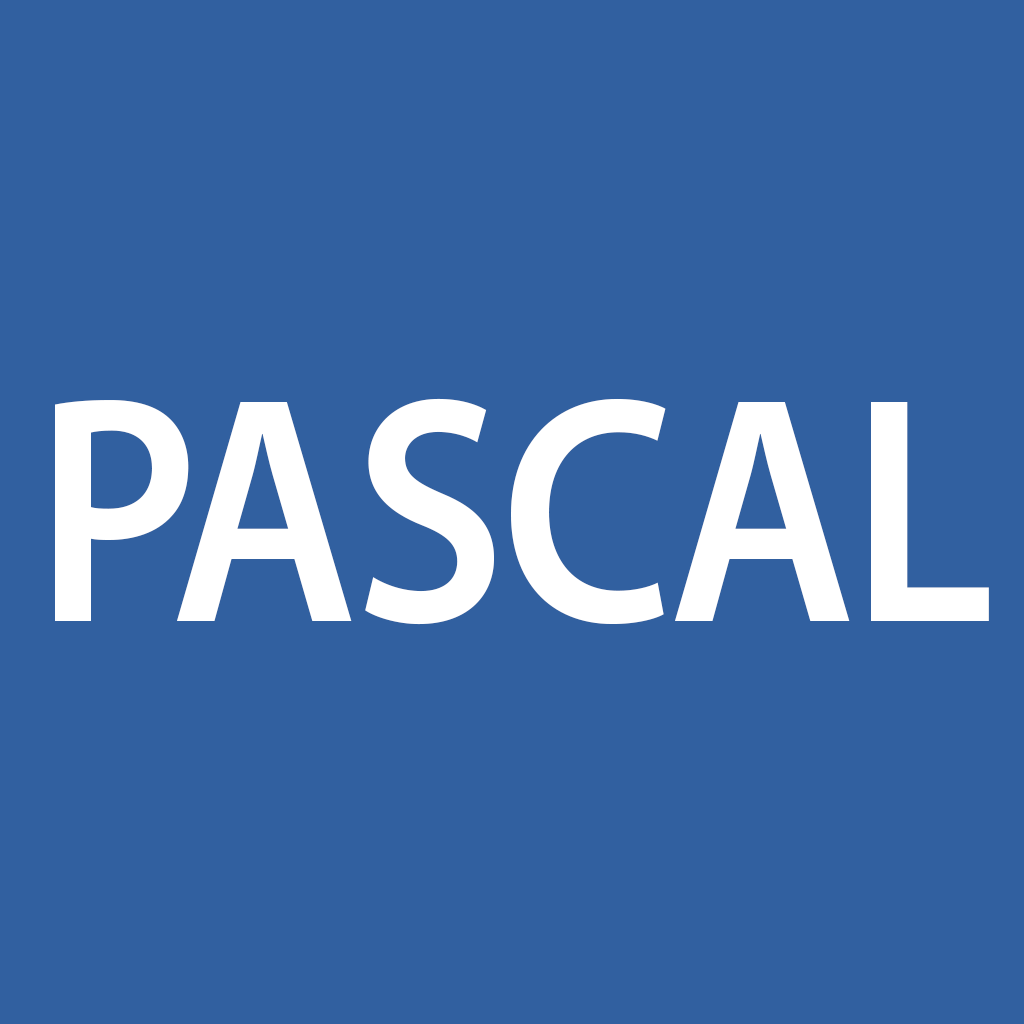
Pascal Language
Fortran Language
Fortran language is a number crunching language and still it is used by scientists. This language allows different sizes of variables up to the memory limit in the machine. This language is suitable for engineers, who have to calculate values with high precision. Program in Fortran is inflexible and sometimes it makes difficult to read.
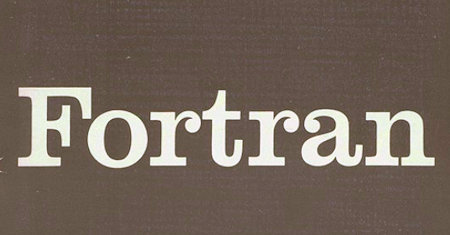
Fortran Language
Java Language
The Java language is a multi platform language that’s particularly helpful in networking. Of course, mostly this language is used on the web with Java applets. However, this language is used to design cross platform programs, Since it similar to C++ in structure and syntax. For C++ programmers, Java language is very easy to learn and it offers some advantages provided by object oriented programming. Like reusability and it can be difficult to write efficient code in Java. But, nowadays the speed of the Java language has increased and 1.5 version offers some good features for easy program making.

Java Language
Perl Language
Perl language is a file management language for UNIX. But it is more popular for its common gateway interface programming (CGI). It is a term for programs that web servers can perform to allow additional capabilities of web pages. Pearl language is a method for searching text and it is used for useful server functions and other databases, and it is very easy to pick up the fundamentals if you have any experience in any language. As a CGi language, web hosting services select Perl language over C++ language. Because, the web hosts can review Perl script files. Since they are text files, when C++ is compiled.
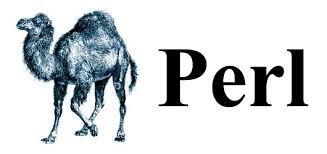
Perl Language
PHP Language
The PHP language is used to design web pages and sometimes it is also used as scripting language. This language is designed to develop a rapid website, and as a result comprises features which make it easy generate HTTP headers and link to databases. As a scripting language, it includes a set of components permit the programmer to easily get up to speed. However, it has more sophisticated object oriented features.

PHP Language
LISP Language
LISP language is mostly used in computer science research and it stores all data in lists such as arrays. The syntax of list is very simple and easy to make for developers to implement structures.
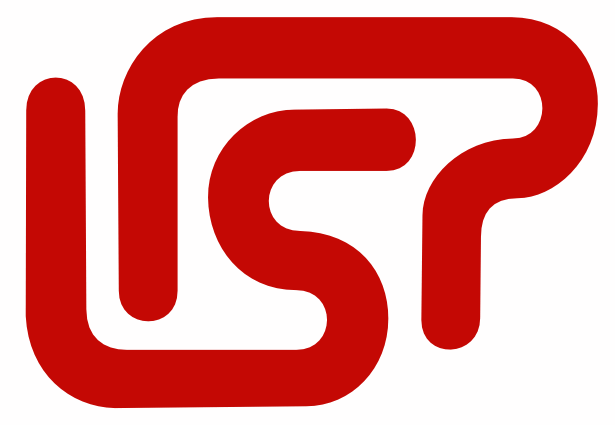
LISP Language
Scheme Language
The scheme language is an alternate of LISP language, and it has a simpler syntax and features. Any project under the scheme language will result in the re implementation of most of the LISP language. But, this is very popular introductory language in the computer science department of MIT’s. This language easily solves the problems instead of worrying about syntaxes of programming language.

Scheme Logo
This is all about the differences between programming languages and few major programming languages are discussed. And, the remaining languages like Tcl, Python, Smalltalk, COBOL, C# and Prolog are similar to the above languages which are discussed. But selecting the suitable language for developing a program or application is very important
Photo Credits:
- programming languages by easyuni
- C Language by wikimedia
- Pascal Language by piramida
- Perl Language by tutorialspoint
- PHP Language by addisinfotech